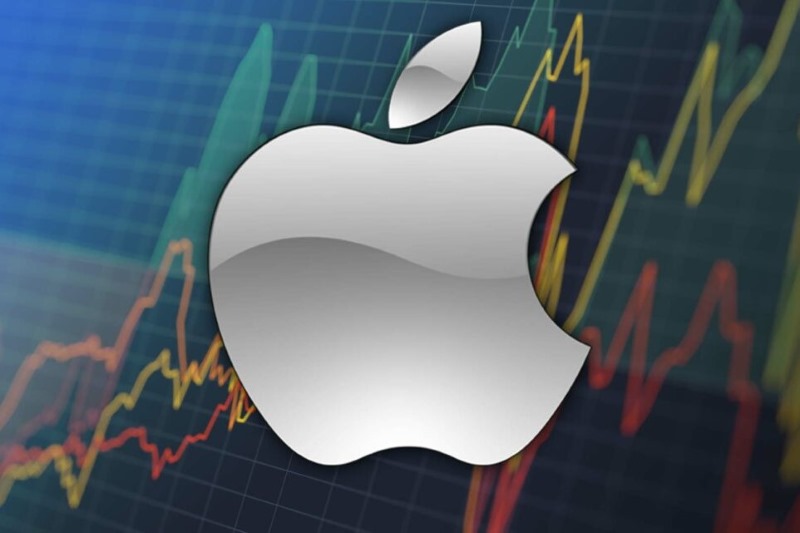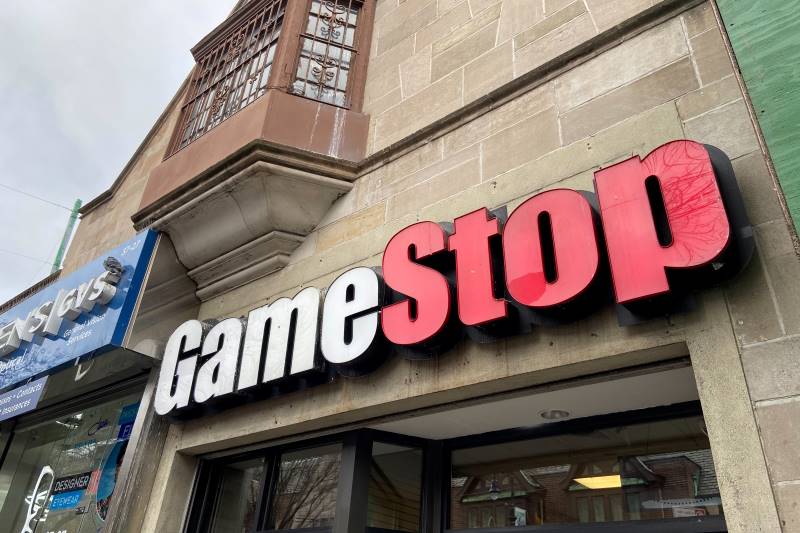Technology
Renewed GameStop Frenzy Grips Meme-Stock Enthusiasts
As a renewed wave of GameStop Corp. mania grips meme-stock enthusiasts, followers of trading influencer Keith Gill eagerly await one milestone: the day their hero, known as “Roaring Kitty” and “Deep F—ing Value,” would become a billionaire. The idea wasn’t far-fetched, as Gill’s portfolio peaked at over $550 million on June 6, driven by his substantial stake in GameStop and its call options. Despite adding more stock since then, the value of his holdings has decreased along with the company’s shares.
New Anxiety Amid Stock Stability
With the stock’s recent stability, a new type of anxiety is emerging among both Wall Street and retail traders. The original 2021 GameStop rally challenged the concept of short-selling, questioning the strategy of betting against struggling companies due to potential backlash from Redditors. This time, the critical question concerns what constitutes market manipulation.
Does posting a meme that potentially yields instant profit violate the principles of free and fair markets? Has the David vs. Goliath dynamic of meme stocks shifted? What if Roaring Kitty is now the Goliath? And how did he amass a position larger than Charles Schwab Corp.?
“The original meme stock craze was us versus them, with ‘them’ being those who would short-sell millennials’ favorite companies like GameStop,” said Steve Sosnick, chief strategist at Interactive Brokers. “But I’m not sure who ‘them’ is anymore.” Gill didn’t respond to a request for comment.
The meme stock craze initially pitted millennials against short-sellers; now, uncertainty clouds the opposition’s identity, according to WSJ Subscription Offers.
Losing Appeal
Once the populist leader of a short squeeze that rocked Wall Street during the 2021 meme-stock rally, Gill is losing his folksy appeal to some followers. Trading firms and even former fans are viewing Gill with more suspicion as Redditors question his actions. By Thursday, snapshots of Gill’s brokerage account indicated he had sold an earlier position of 120,000 call options and acquired more GameStop shares, increasing his portfolio to about 9 million shares worth over $262 million.
As Gill’s actions boosted GameStop’s stock price, the company took advantage, selling over $2 billion in stock. Those who bought shares recently faced a gamble: they could either gain or lose money. However, hedge funds and seasoned investors, unlike three years ago, are now positioned to profit from these market dynamics, potentially leaving Gill’s retail-trading supporters at a disadvantage.
“Some quantitative managers have models that monitor price trends and are very quick to exit the stock if they detect significant downside volatility,” said Don Steinbrugge, CEO of Agecroft Partners, which helps hedge funds raise capital. “Eventually, retail investors will realize there’s a lot of risk involved.”

Apple Shares Reach New Heights Amid Investor Optimism
Apple Inc. shares soared on Tuesday, achieving their first intraday peak since December, as investor sentiment surrounding the iPhone…
Manipulation Concerns
The episode has sparked debates on market manipulation criteria. According to The Wall Street Journal, E*Trade may ban Gill amid similar actions against figures like Dave Portnoy. Portnoy, known for streaming as Davey Day Trader, has faced similar platform bans previously.
An E*Trade spokesperson declined to comment. Craig Marcus of Ropes & Gray noted Gill’s unique case involving market manipulation tactics. He suggested Gill’s snapshots, if genuine, indicate a different scenario than typical price-driving schemes.
“You can disagree with his thesis about the stock’s value, but if all he’s doing is acting on his thesis and not engaging in manipulative activities for profit,” it’s hard to prove malicious intent, Marcus said in an interview. Gill faced accusations of using his influence to manipulate prices even three years ago when he first gained public attention. In 2021, a lawsuit against Gill and MassMutual claimed he was manipulating markets with his significant influence on specific stocks.
“Three years ago this was amusing,” said Peter Atwater, an adjunct professor of economics at William & Mary. “People are more troubled by this now than entertained by it, and to me, that indicates that this behavior is unlikely to persist.”
Anticipated Return to YouTube Sparks Market Surge
Gill announced a highly anticipated return to YouTube on June 6 without revealing the topic. The stock surged nearly 50%, adding $16 billion to its market value within hours. In the livestream, Gill spoke for about an hour against the backdrop of GameStop’s volatile share price. He seemed aware of the potential for increased scrutiny from fans, regulators, and trading professionals.
Subscribe now for a 2-year package with The New York Times and The Economist, offering unrestricted access to news, cooking, puzzles, and financial insights. Get expert commentary from economists Paul Krugman and Joseph Stiglitz. Enjoy a 77% discount and stay well-informed. Sign up today!

